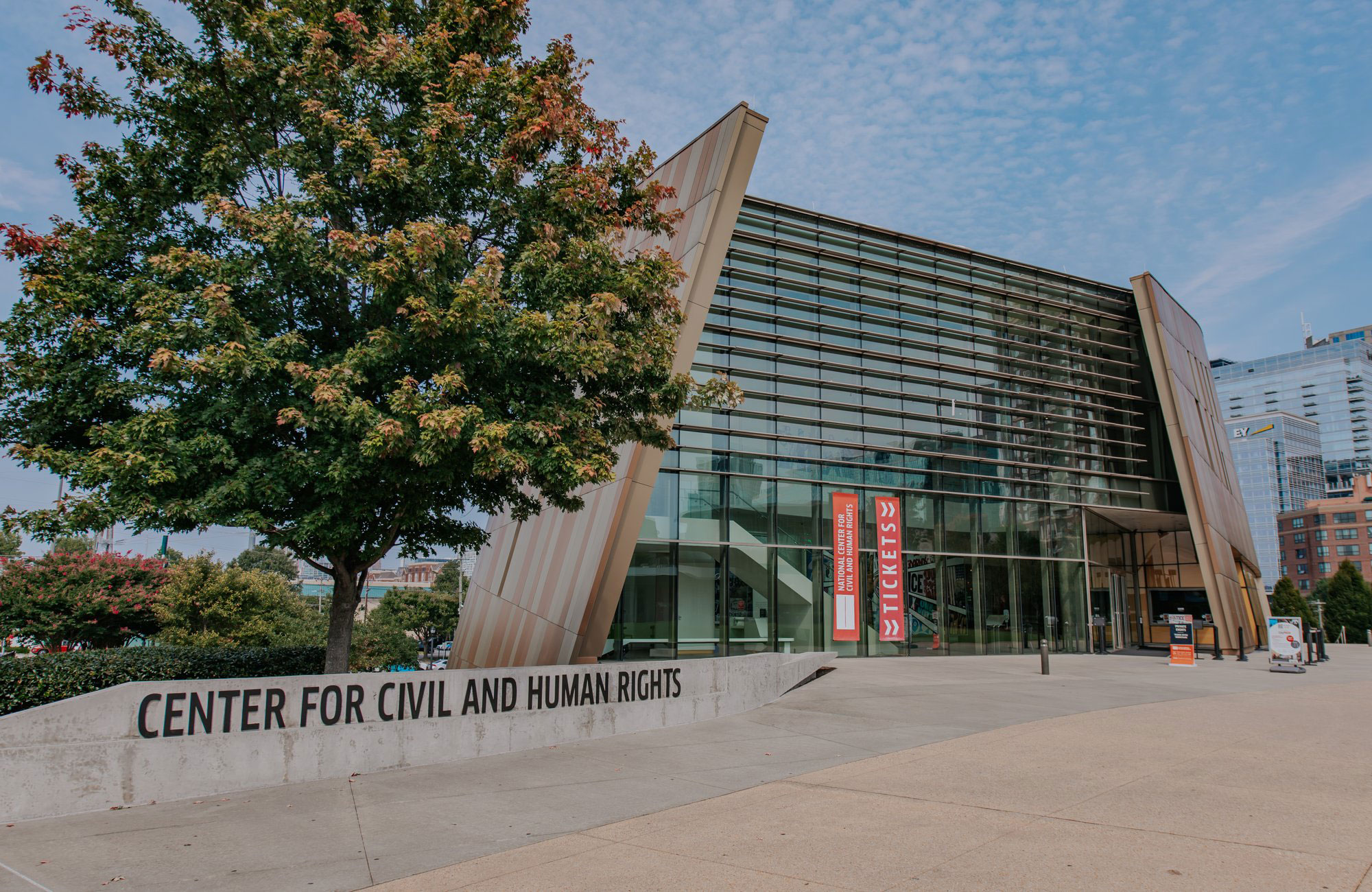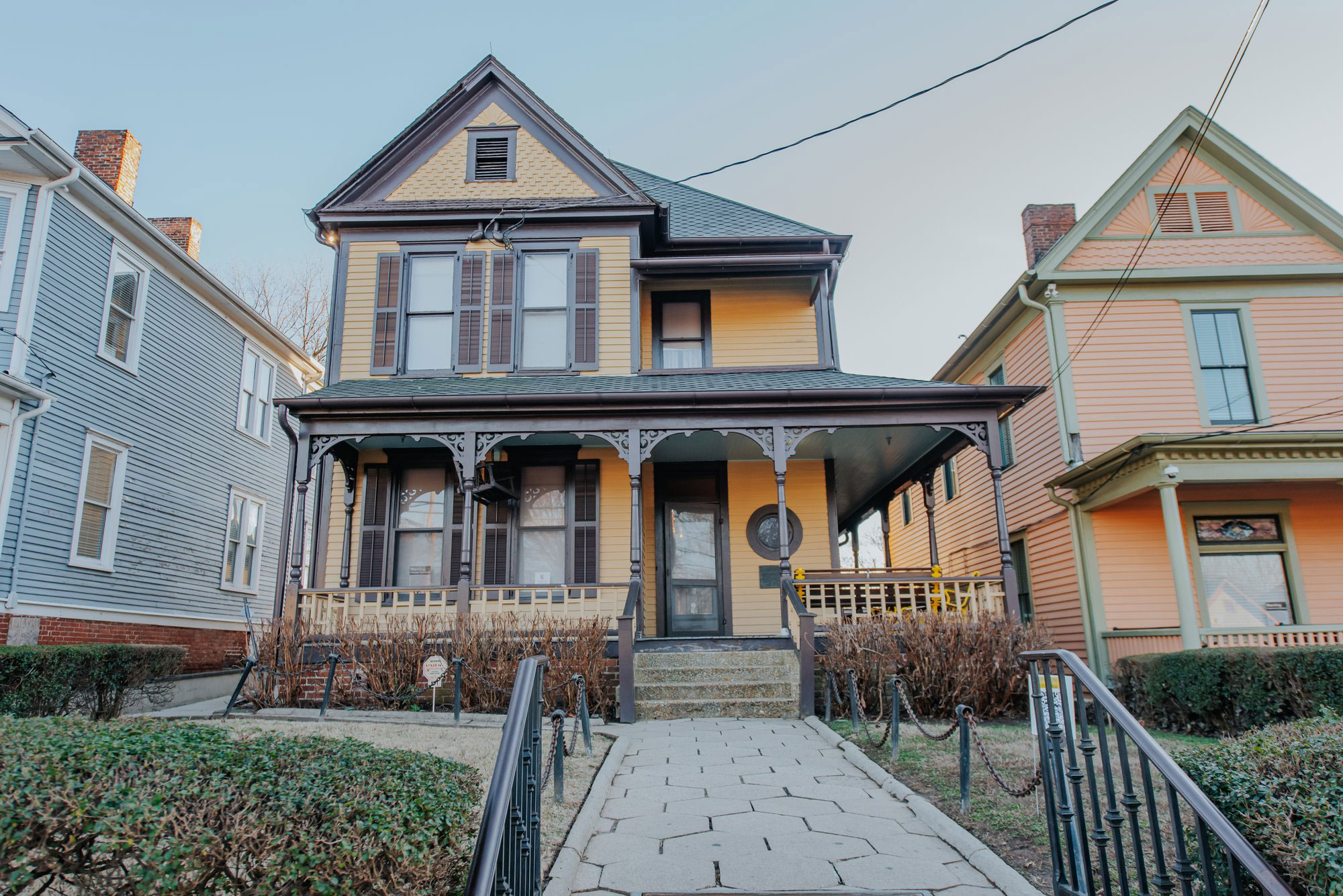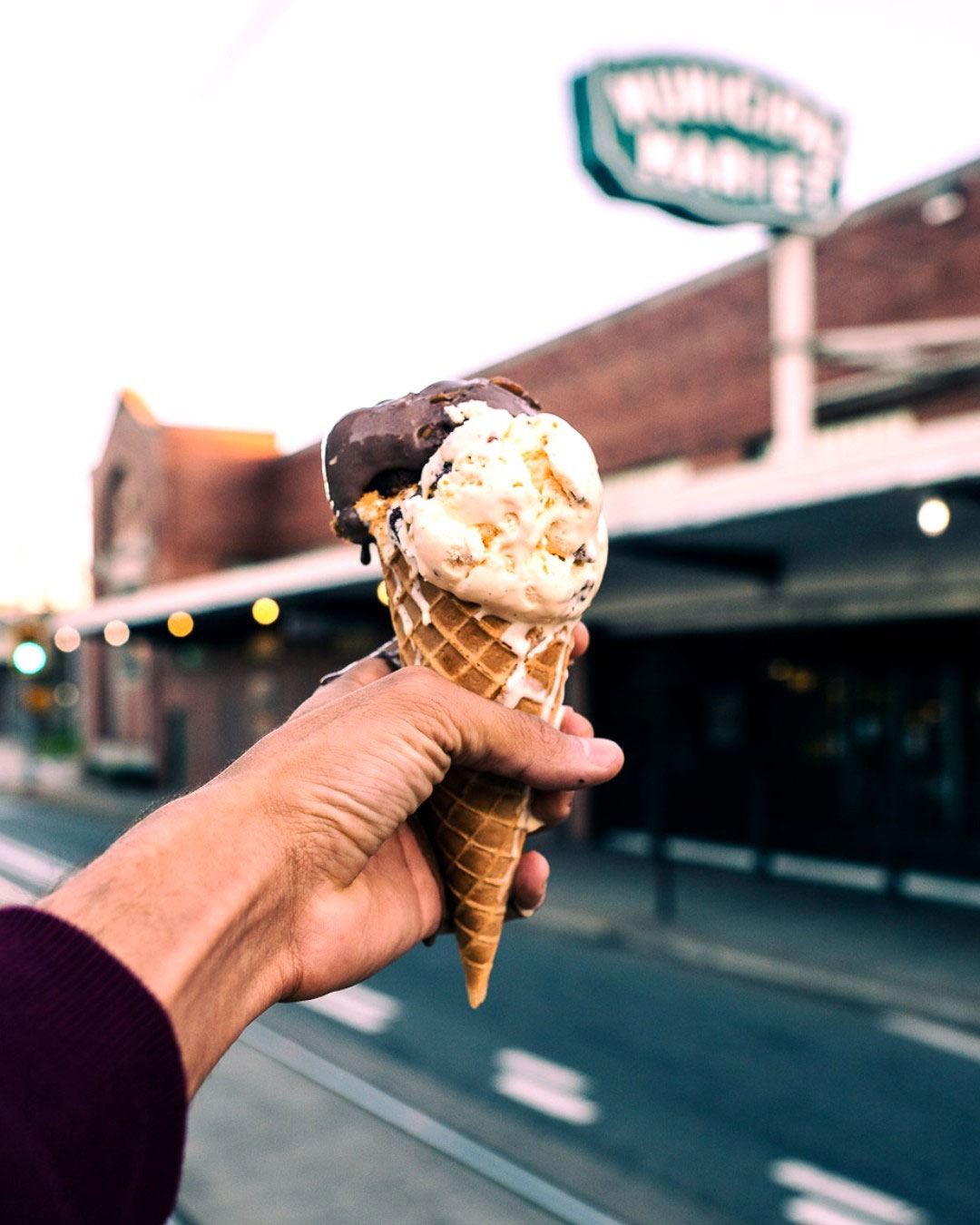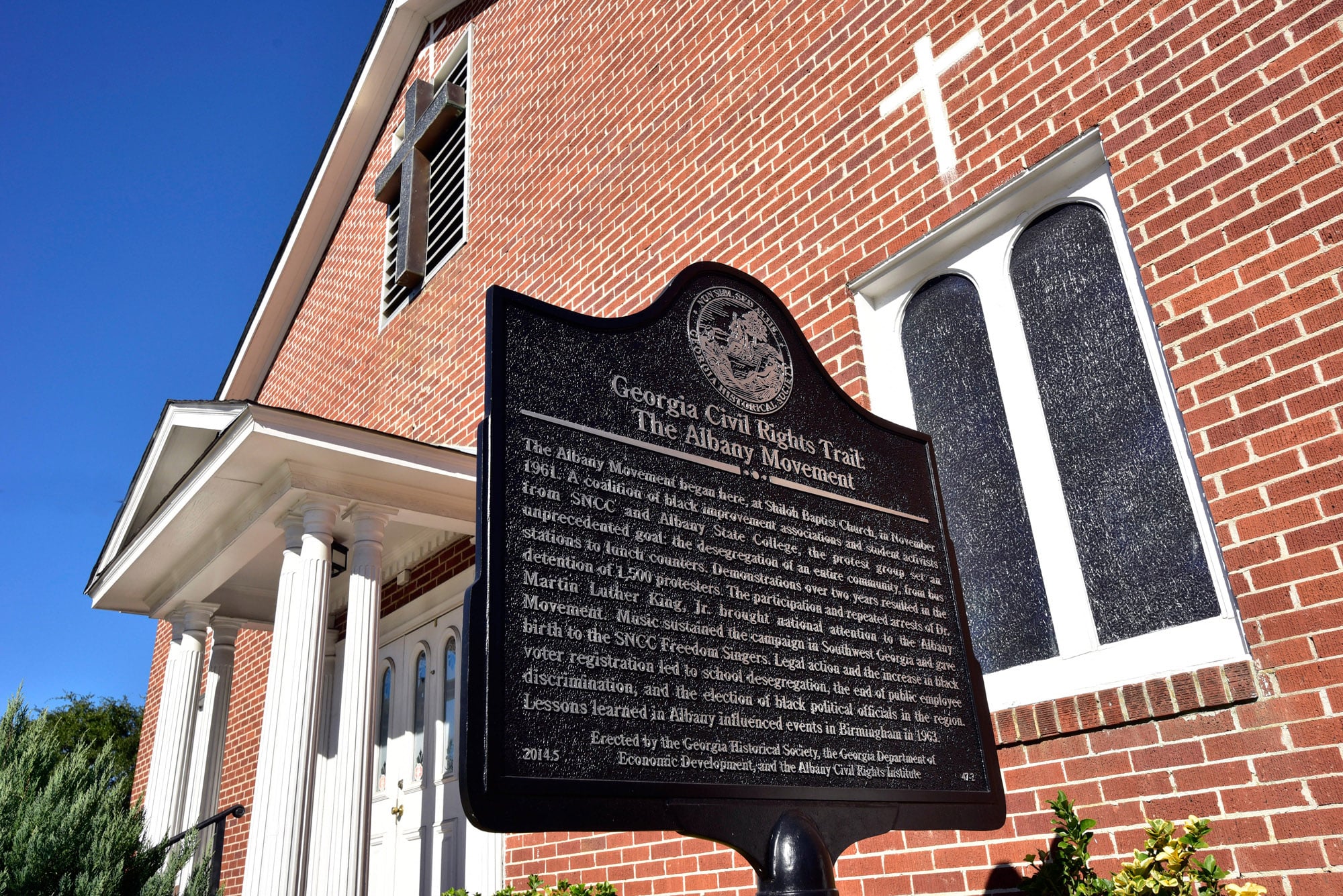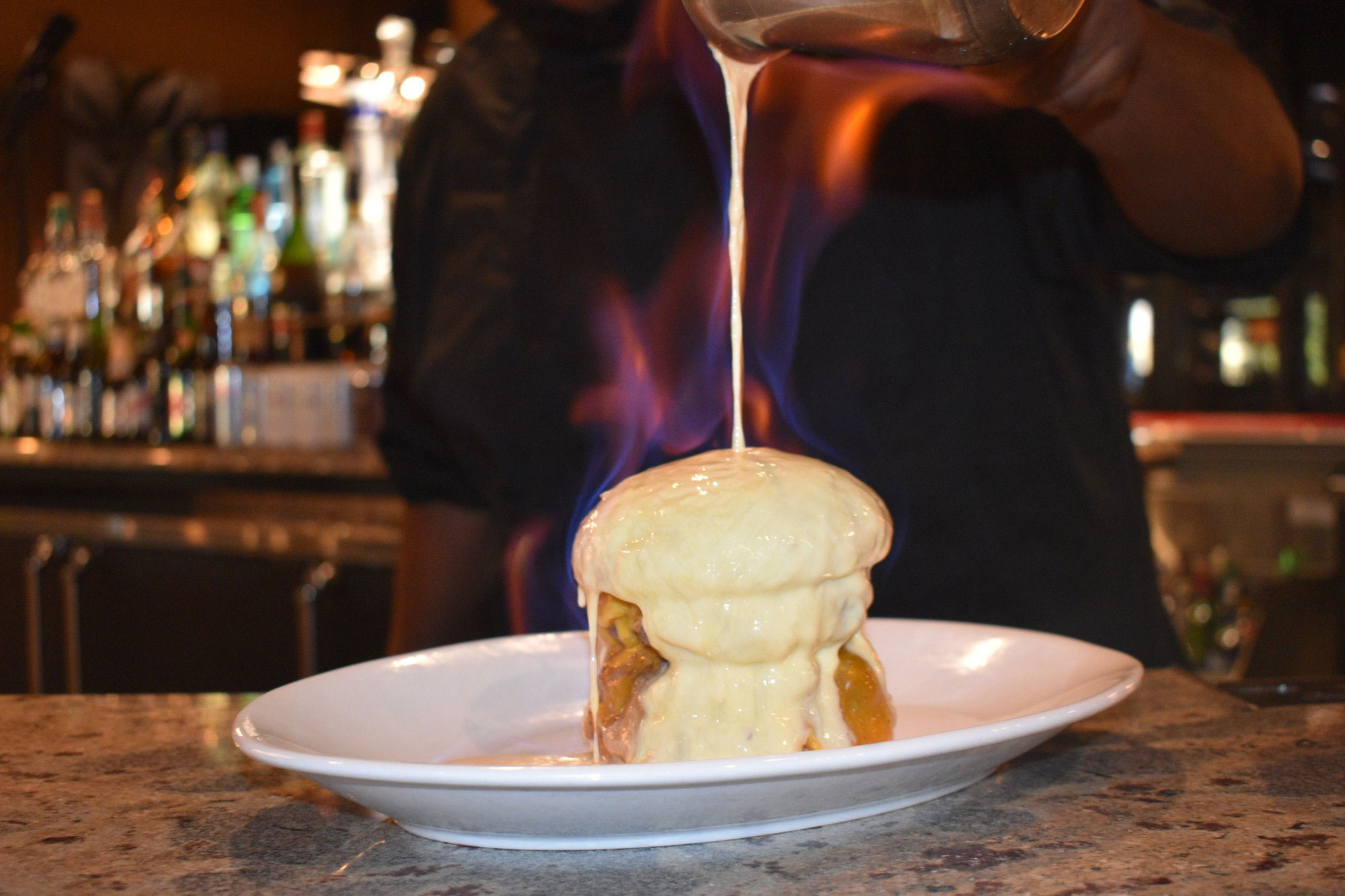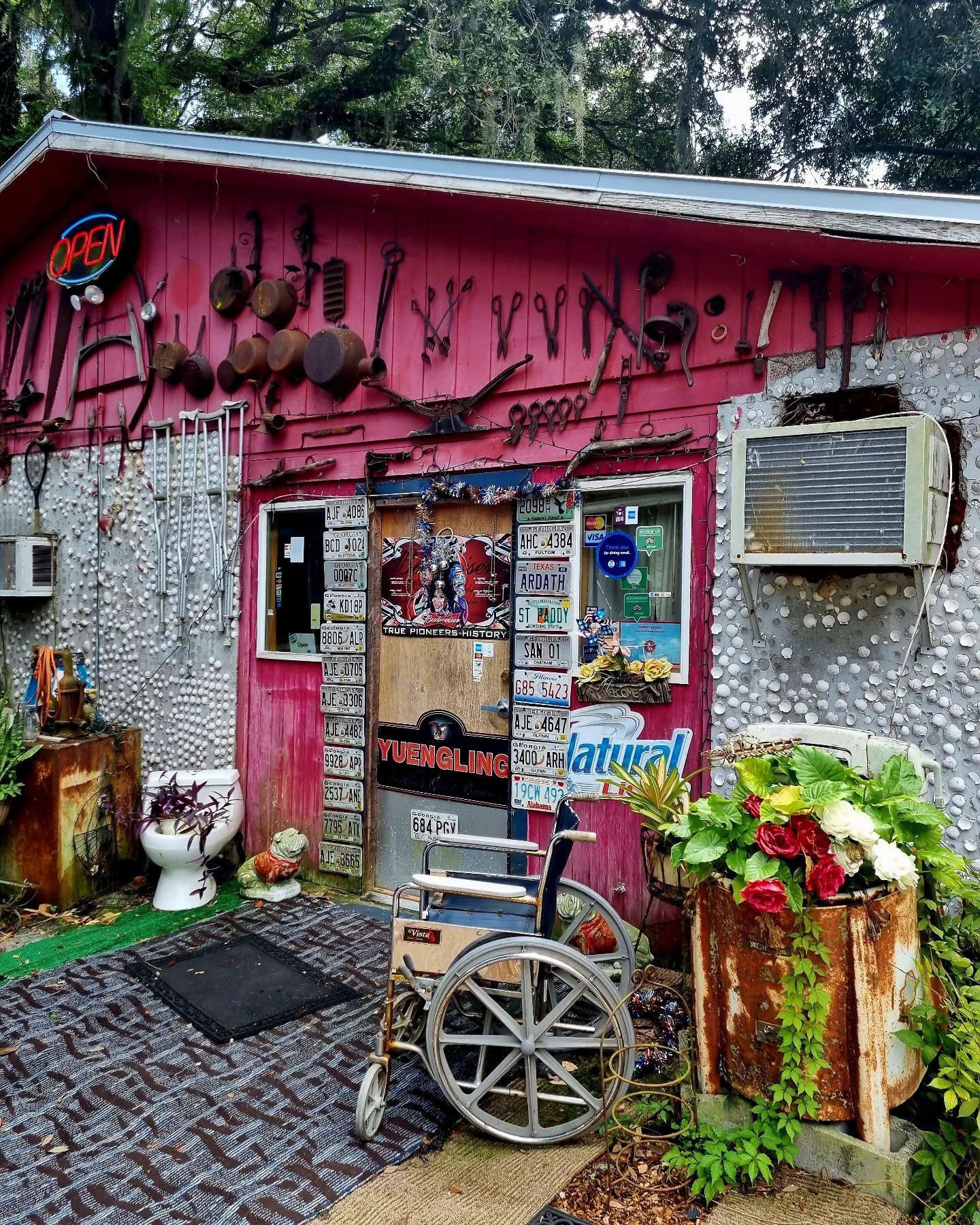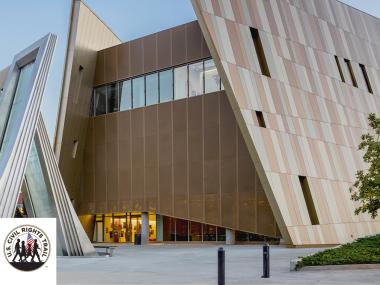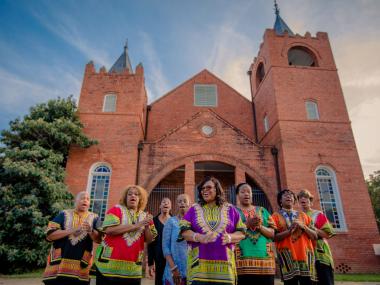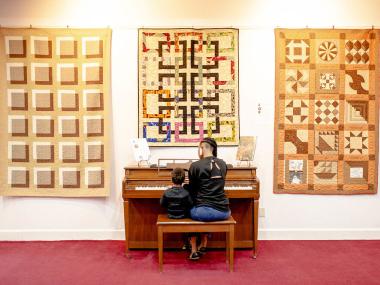How to Spend Four Days on the U.S. Civil Rights Trail in Georgia
Explore the transformative role Georgia played in the Civil Rights Movement on a trip from Atlanta to the coast.
The U.S. Civil Rights Trail is a collection of various landmarks across 15 states that played a pivotal role in advancing social justice in the 1950s-1960s. Chart the course of the Civil Rights Movement through the trail and see firsthand the struggle for equity and the power of equality — from Topeka, Kansas; to Memphis, Tennessee; to Selma, Alabama; and all the way to Washington, D.C. Visit these Georgia sites, and learn about the transformative role the Peach State played in the Civil Rights Movement.
DAY ONE: Atlanta
Prepare for your trip on the U.S. Civil Rights Trail in Atlanta at Paschal’s, the “meeting place” for some of the most notable entertainers, politicians, and business people during the Civil Rights Movement, including Dr. Martin Luther King, Jr. and his lieutenants. Offering a historic and soulful dining experience, Paschal’s is famous for its fried chicken.
After lunch, take the short drive to the National Center for Civil and Human Rights. Spend the afternoon at this moving cultural attraction that connects the American Civil Rights Movement to today’s global human rights movements. Explore galleries and exhibits reflecting a combination of powerful imagery, compelling artifacts, and poignant storytelling-- including the "Rolls Down Like Water: U.S. Civil Rights Movement" exhibit, which presents the fight for civil rights in America from the Jim Crow era through 1968. Note: the center will be closed from January 2025 through August 2025 for expansion construction.
Later, hop on a three-hour bike tour and see some of the landmarks that defined Atlanta's civil rights story with Bicycle Tours of Atlanta.
Round out the day with dinner at James Beard-nominated chef Deborah VanTrece’s Twisted Soul Cookhouse and Pours. And, call it a night at the Hyatt Regency Atlanta, known as one of the first hotels in the city to welcome Black travelers and civil rights activists.
DAY TWO: Atlanta
Start day two of your trip in Atlanta’s Sweet Auburn Historic District. Concentrated along a short mile and a half of Auburn Avenue, this area reflects the history, heritage, and achievements of Atlanta’s African Americans, and is home to several stops along the U.S. Civil Rights Trail. The Martin Luther King, Jr. National Historical Park reflects the life of this great leader across 35 acres and several sites. Tour the Martin Luther King, Jr., Birth Home, where Dr. King was born and lived during the first 12 years of his life. Note: tours of the birth home are suspended until November 2025 while the home is rehabilitated.
Listen to his sermons and speeches at Ebenezer Baptist Church and browse exhibits that detail the church’s history. Visit The King Center, which continues to advance King’s teachings through educational and inspirational materials, and pay your respects at Dr. and Mrs. King’s Tomb.
Continue on Auburn Avenue to the Madame C.J. Walker Museum/WERD Radio Studio, which is located in an original Madame C.J. Walker beauty shop from the 1950s. The museum pays tribute to Madame C.J. Walker, an early 20th-century woman who became one of the first self-made female African American millionaires. WERD Radio was the first radio station in the United States owned and operated by African Americans.
Just a few blocks farther, explore the APEX (African American Panoramic Experience) Museum. The museum is devoted entirely to African-American history as a means of promoting cultural awareness and the social contributions of people of the African diaspora.
After your museum visit, take a short walk up the street for an ice cream treat at Sweet Stack Creamery. Then, wrap up your visit to the Sweet Auburn Historic District at the Municipal Market with lunch at one of the popular eateries.
Spend the rest of the afternoon at the Jimmy Carter Presidential Library & Museum learning how the former president worked to advance civil and human rights throughout, and after, his presidency.
DAY THREE: Albany
Depart Atlanta, and head south on I-75 to GA-300 S to Albany, the southwest Georgia city where, in 1961, local activists from the Student Nonviolent Coordinating Committee (SNCC), the NAACP, and other organizations formed the Albany Movement.
Start with a trip to the Albany Civil Rights Movement Memorial at Charles M. Sherrod Civil Rights Park, located in the Harlem Business District with a memorial fountain that commemorates Albany's pivotal role in the Civil Rights Movement with a timeline of events.
Visit the state-of-the-art Albany Civil Rights Institute and experience the legacy of those who have passed on and the stories of those who remain. The museum tour ends in the Old Mount Zion Baptist Church Sanctuary, where Dr. King spoke to a crowd of 1,500 that overflowed, filling the streets and the church across the street, Shiloh Baptist Church. Walk in Dr. King’s footsteps from Old Mount Zion Baptist to Shiloh Baptist Church, where he started Albany’s famous civil rights march to the Trailways bus station.
While in town, drive through Albany State University, a historically black college and university where the Freedom Singers formed with the goal of educating communities through songs about civil rights.
After a long day, grab some dinner at The Flint, a family-owned, full-service, fine dining establishment offering fresh seafood and rich Southern cuisine. Rest up for the night at the Hilton Garden Inn located downtown on Albany’s riverwalk.
DAY FOUR: Midway
For the last leg of your trip, head on a three-hour ride up the coast of Georgia. Just before getting in town, stop at Old School Diner in Townsend to fuel up with the famous “wheelchair platter,” an assortment of the chef’s best menu items of the day.
After fueling up, head 30 minutes north into Midway to visit the Dorchester Academy and Museum. The academy was founded after the Civil War as a school for freed slaves and by 1917, the fully accredited high school had eight frame buildings and 300 students. This historic site hosted Dr. Martin Luther King's planning meetings for his 1963 march on Birmingham. Today, the Boys' Dormitory is still standing, and the room that MLK Jr. slept in is still in the same condition as when he last stepped foot in it.


